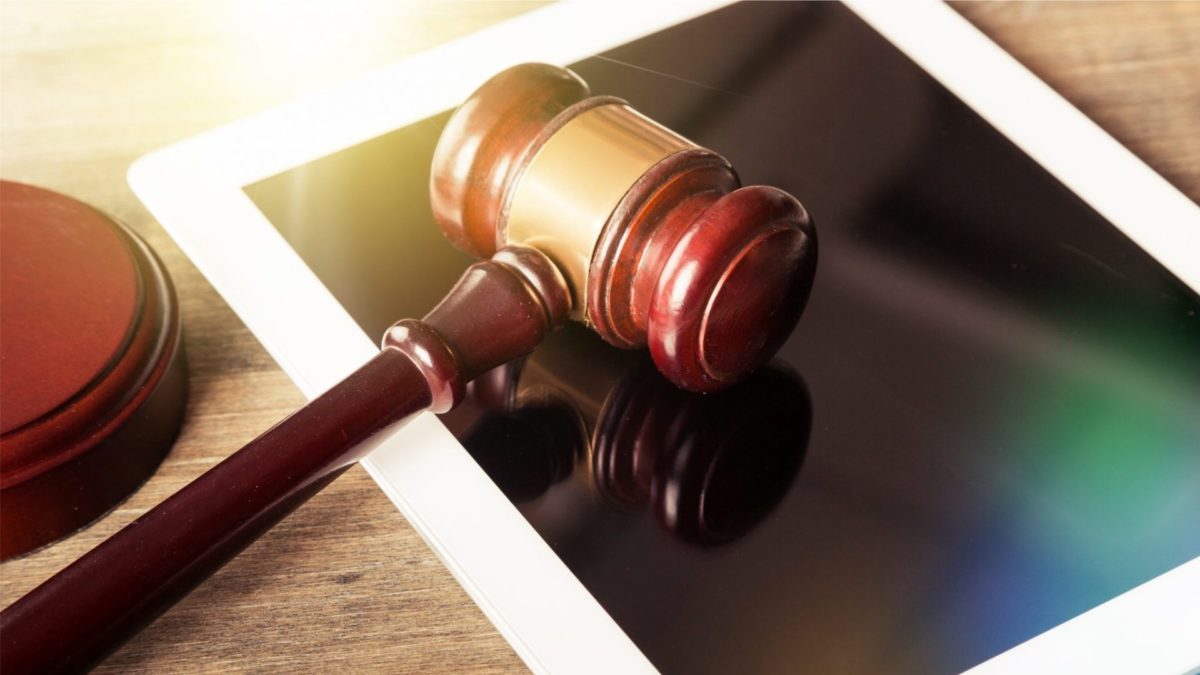The defamation trial between Hollywood stars, Johnny Depp and Amber Heard has taken social media by storm. You might have seen the fiasco play out in real time if you have been watching the courtroom livestream or maybe you’ve caught a glimpse of the testimony on social media platforms such as TikTok.
Regardless of whether you are watching or not, the trial has fascinated many fans as intimate details of the couple’s relationship are being exposed to the world.
But the million-dollar questions (or in Depp’s case, the fifty-million-dollar question) on everyone’s lips are:
- Did Heard defame Depp?; and
- Will Depp ultimately be successful in establishing that his reputation has been ruined?
Depp v Heard
The Depp v Heard trial concerns a 2018 op-ed publication written by Heard that was published in The Washington Post (“the op-ed publication”). Although the op-ed publication did not specifically name Depp, Heard described her experience with sexual violence and physical abuse. The relevant statements contained within the publication which Depp’s team submit could be reasonably implied to be referring to Depp include:
- “I spoke up against sexual violence – and faced our culture’s wrath”;
- “Then two years ago, I became a public figure representing domestic abuse”; and
- “I had the rare vantage point of seeing, in real time, how institutions protect men accused of abuse”.
(“the Statements”)
Depp is suing Heard in the Fairfax County Circuit Court after filing on 1 March 2019 for damages in the sum of $50,000,000, claiming the op-ed publication ruined his reputation and his career.
Depp’s lawyers submitted that the Statements are actionable as a matter of law by implication and that the evidence will establish that Heard acted with the requisite intent, having published information that could be inferred as of or concerning Depp, and she knew the Statements to be false.
The case ultimately boils down to whether the allegations that Heard was a domestic violence victim and that Depp perpetrated that domestic violence, are true. If the allegations are found to be false, Depp will be successful if he can establish the publishing of the op-ed publication affected his reputation, as he claims it did.
The trial has concluded this morning with the jury ruling in favour of Depp. It is being reported in various news sources that Depp was awarded a total of $15 million in damages by the Jury.
What are the Defamation laws in Queensland?
In Australia, each state and territory has adopted uniform legislation to ensure defamation laws promote quick and non-litigious methods for resolving defamation disputes across the country.
Under the Defamation Act 2005 (Qld) (“the Act”) in Queensland, a plaintiff must satisfy the following elements:
- That the defamatory material was communicated or published through media, print or speech;
- That the defamatory material was communicated or published to a third party (i.e. someone other than the aggrieved);
- That the material damaging and caused harm;
- That the material was about or concerning the aggrieved; and
- That there was no lawful excuse for publishing the defamatory material.
A recent development under the Act appears at section 12B and provides that before proceedings in Queensland can be commenced, it is mandatory that an aggrieved gives the publisher a valid Concerns Notice. A valid Concerns Notice must:
- be in writing;
- specify the location of the defamatory publication – i.e., where it can be accessed, such as a web page address;
- inform the publisher of :
- the defamatory imputations that are alleged to arise from the offending publication; and
- the serious harm or serious financial loss that the publication is alleged to have caused or is likely to cause;
- (if practicable) provide the publisher with a copy of the publication in question;
- provide the publisher with 28 days in which to provide an offer to make amends.
Defamation action in QLD may not look like the $50,000,000 Depp v Heard trial which we are seeing broadcasted across the world, but if you consider you have been defamed, you will improve your prospects of recovering a claim for damages by seeking advice immediately.
Strict time limitations apply to making a claim for defamation and responding to a Concerns Notice, it is therefore important you contact Rose Litigation Lawyers today to speak with one of our specialist defamation lawyers to see how we can help you.
